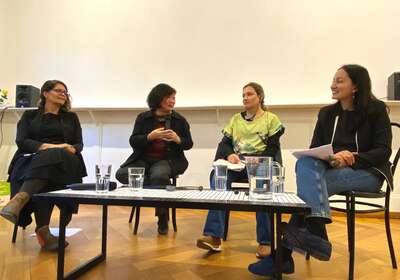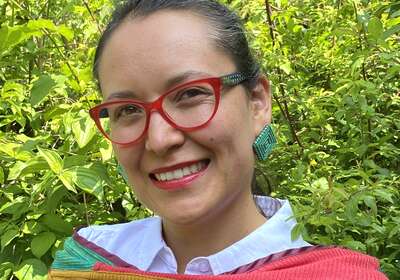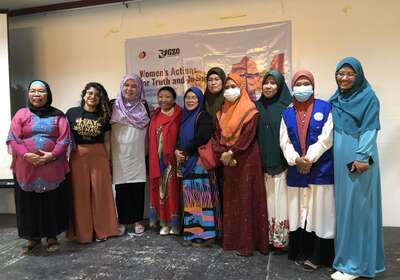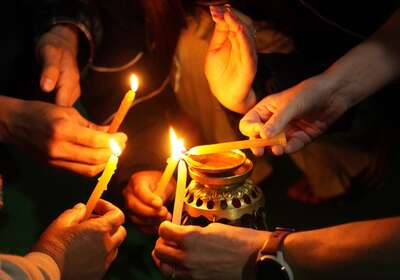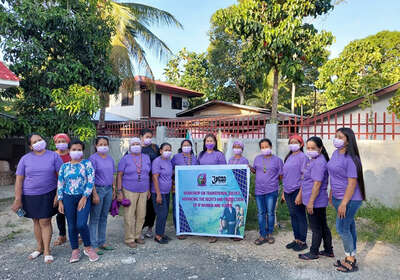Peacebuilding After Armed Conflict:
Together with our partners, we work to ensure that peace activists play an active role in implementing peace agreements as well as in processes of dealing with the past after armed conflicts – thereby contributing to the prevention of violent conflict and renewed escalation.
The conclusion of a formal peace agreement also marks the beginning of a societal process of dealing with a violent past. From a feminist perspective, we see these processes as an opportunity for a comprehensive transformation of patriarchal societies fractured by armed conflict towards peaceful and gender-equitable coexistence.
Both our experience in peacebuilding and scientific findings show that women are often the first to build bridges across conflict lines after armed conflict because they share similar experiences. They create alliances between diverse ethnic and political groups or work collectively to gain recognition as survivors or victims. Since dealing with the past usually takes decades, intergenerational peacebuilding is crucial as trauma is passed down from generation to generation. At the same time, activists often sustain peace efforts over many years and pass this task on to subsequent generations.
Building peace for the long term
In Colombia, Nepal and the Philippines, we have been working with our programme partners to promote the participation of women in truth and reconciliation commissions, the gender-equitable implementation of peace agreements, and the recognition and compensation of survivors of conflict-related violence, especially sexualised violence. We have been joining forces with women in their various efforts to contribute to the search for truth, to network across conflict lines and across generations, and to demand justice.
Our long-standing partnership with peace activists in these three countries highlights the prerequisites for effective peacebuilding after an armed conflict:
Support peace efforts sustainably and over the long-term to create the conditions for
peace activists to develop and strengthen their creative agency to bring about positive change through their actions,
so they can take advantage of suitable political windows of opportunity for the implementation of peace agreements and to bring about societal change.
Our cooperation with our partners is based on these insights in order to ensure effective peacebuilding in the long term and to counteract new spirals of violence.
Creatively capturing and sharing joint learnings
In our programme with Colombia, Nepal and the Philippines, we found that
access to people in positions of political power fosters accountability and amplifies recognition of women’s diverse experiences.
talking about traumatic events requires psychosocial support so that survivors do not experience re-traumatisation.
continuous lobbying and networking is needed to repeatedly draw attention to the diverse experiences of those affected by conflict and to prevent repetition.
the process of dealing with past conflicts contributes to the prevention of future violent conflicts.
By creatively capturing and sharing what we have learned together, we aim for a more sustainable impact of our engagement. The following illustration (known as a sketchnote) shows the process of change that we were able to achieve between 2021-2024.
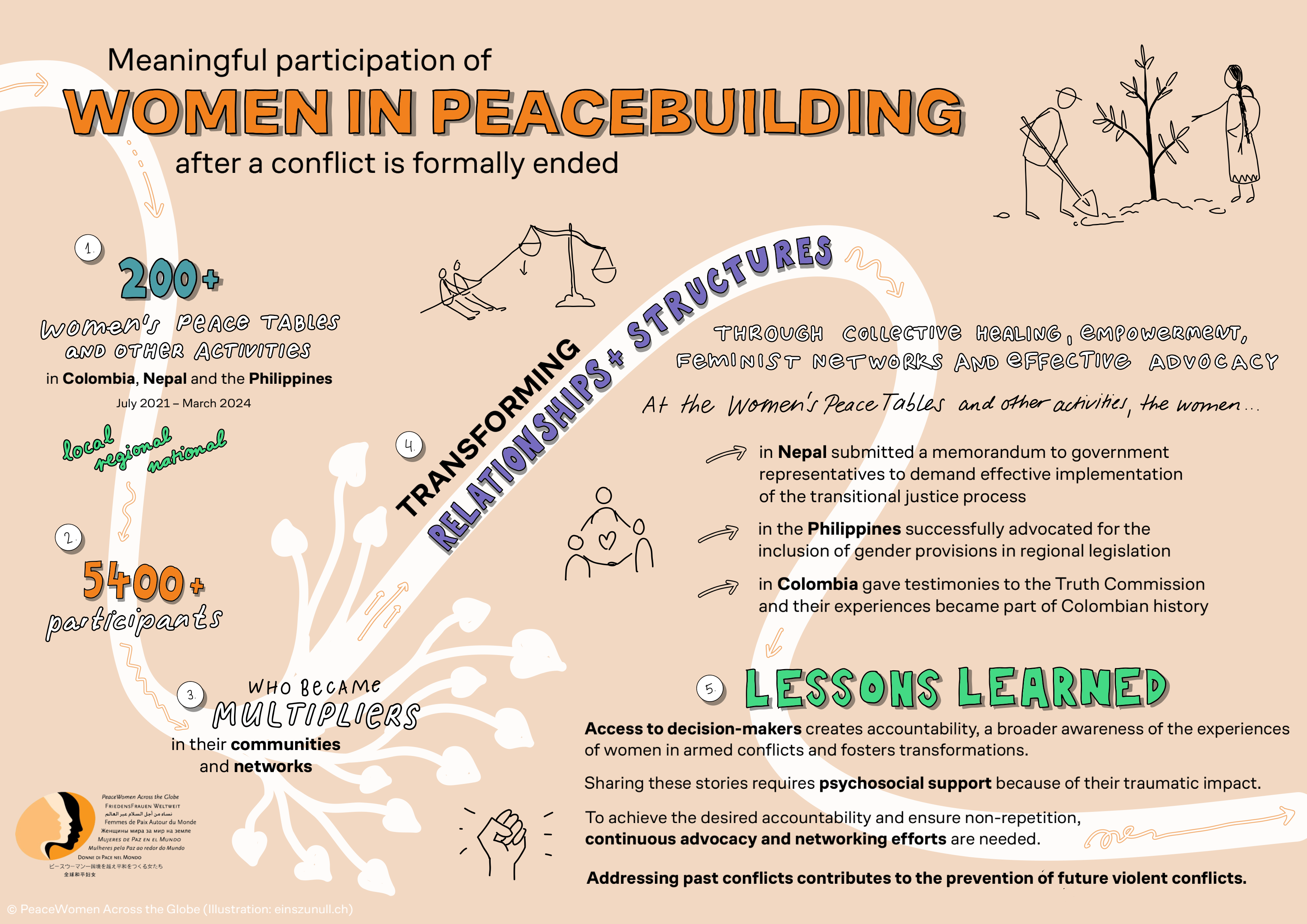
More information about the overarching goals of our programmes and how we apply our "ABC of feminist peacebuilding".
